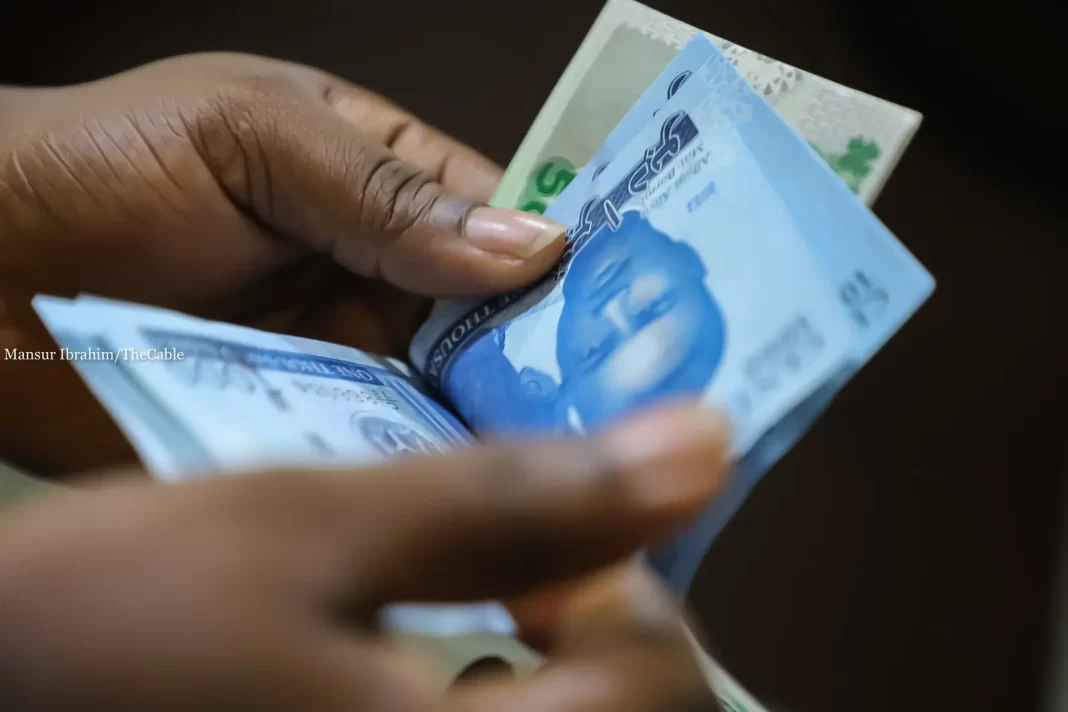In a move to boost economic collaboration and diversify trade, Nigeria and Mexico have taken significant steps to strengthen their bilateral relations. The two countries are working to expand trade beyond traditional sectors, with both governments expressing strong interest in fostering deeper economic cooperation.
Trade between Nigeria and Mexico currently stands at approximately $180 million annually. However, recent agreements and diplomatic efforts signal a desire to increase that figure substantially. One of the landmark developments in this partnership is the phytosanitary protocol signed in November 2022, which enables the stable export of Nigerian hibiscus flowers — locally known as zobo — to the Mexican market. This deal alone has the potential to generate up to $3 billion in annual revenue, according to projections from Nigerian agricultural authorities.
Mexico has already committed to importing $100 million worth of hibiscus from Nigeria, signaling robust demand and a growing appetite for agricultural exports from Africa’s largest economy. Officials from both countries see this as just the beginning of a broader trade relationship.
READ MORE: Rising Concerns Over Falling Trees Causing Destruction in Cross River State
In line with these developments, Nigeria is encouraging further Mexican investment in key sectors such as agriculture, livestock, and solid minerals. The Nigerian Minister of Livestock Development, Idi Maiha, highlighted opportunities for Mexico to invest in cattle production and processing, while affirming Nigeria’s readiness to provide a conducive environment for investors through incentives and partnerships.
Similarly, the Minister of Solid Minerals, Dele Alake, reiterated Nigeria’s openness to foreign investment in the mining sector. He announced tax holidays, duty-free equipment imports, and profit repatriation privileges as part of a new investment-friendly framework aimed at attracting Mexican firms.
At the regional level, the Federal Capital Territory (FCT) administration has also joined in efforts to deepen ties. FCT Minister Nyesom Wike expressed interest in working with Mexican partners to boost agricultural development and tourism in Abuja. According to Wike, many Mexican nationals are already engaged in farming within Nigeria, and he believes the collaboration can be expanded further.
To support the growing partnership, institutional mechanisms are being developed. The Nigeria-Mexico Chamber of Commerce and Industry was recently established to serve as a platform for trade facilitation, business matchmaking, and investment promotion.
Despite these positive strides, challenges remain. Mexican businesses have historically leaned toward the United States due to proximity and well-established trade channels. Overcoming this preference will require continued diplomatic engagement and improvements in Nigeria’s business climate. Nonetheless, Mexico’s Ambassador to Nigeria, Alfredo Miranda, expressed optimism about the long-term prospects of the relationship, noting that both nations have much to gain from increased collaboration.
As trade diplomacy continues to unfold, Nigeria and Mexico appear poised to unlock new economic opportunities, strengthen ties, and set the stage for a dynamic partnership that could reshape their bilateral trade landscape.




